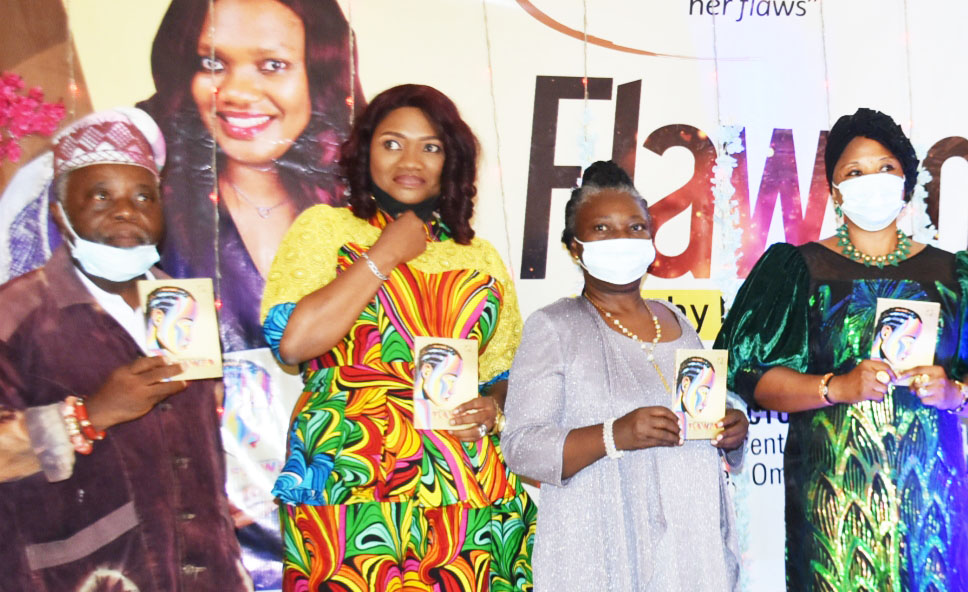Business
SAN Berates FG For Setting Up Committee On Open Grazing

A Senior Advocate of Nigeria (SAN), Norrison Quakers, has berated the Federal Government for setting up a committee on open grazing encroachment, describing it as an affront on the states.
The legal luminary said the Land Use Act has vested the ownership of lands in each state on the state governor and as such the Federal Government cannot talk about the extent or level of encroachment on grazing routes by the states.
Quakers who disclosed this while reacting to the recent committee set up by President Muhammadu Buhari on grazing encroachment, during an interaction with journalists at the weekend, said the only land the President has control over is the FCT, being the federal capital and seat of government.
According to him, it will be difficult for the Federal Government to resurrect past grazing routes, since the Land Use Act has vested the ownership of lands on the state governors.
“Constituting a committee to review 368 grazing sites across 25 states is to put the government of the Federation on collision course with the states. The resurrection of grazing routes by the President is an open challenge to states that have outlawed open grazing, because the implication of the grazing routes is an endorsement of open grazing.
“The decision of the Governor of Benue State to seek judicial intervention is in order. The general disposition of the Federal Government to the states is worrisome.
“We have as it were a federal structure and not unitary. It is imperative for the judiciary to step in now and resolve this legal logjam before it assumes a dimension that might threaten our corporate existence.
“As a country even though there are festering problems already threatening our nation, the right thing should be done. So, let Governor Samuel Ortom of Benue State take up this issue in court.
“If the grazing sites had long been abandoned as equally reported, it is possible the sites have been so encroached that it may not make sense chasing the encroachers to reopen the sites, particularly given the opposition from some host states.
“In areas where the sites are still available, I doubt that the Federal Government will want to force open grazing in the face of opposition.
“Open grazing policy will result into a myriad of legal and socio-political issues, and ultimately unnecessary confrontation between the Federal Government and the states”, he said.
By: Corlins Walter
Business
Agency Gives Insight Into Its Inspection, Monitoring Operations

Business
BVN Enrolments Rise 6% To 67.8m In 2025 — NIBSS

The Nigeria Inter-Bank Settlement System (NIBSS) has said that Bank Verification Number (BVN) enrolments rose by 6.8 per cent year-on-year to 67.8 million as at December 2025, up from 63.5 million recorded in the corresponding period of 2024.
In a statement published on its website, NIBSS attributed the growth to stronger policy enforcement by the Central Bank of Nigeria (CBN) and the expansion of diaspora enrolment initiatives.
NIBSS noted that the expansion reinforces the BVN system’s central role in Nigeria’s financial inclusion drive and digital identity framework.
Another major driver, the statement said, was the rollout of the Non-Resident Bank Verification Number (NRBVN) initiative, which allows Nigerians in the diaspora to obtain a BVN remotely without physical presence in the country.
A five-year analysis by NIBSS showed consistent growth in BVN enrolments, rising from 51.9 million in 2021 to 56.0 million in 2022, 60.1 million in 2023, 63.5 million in 2024 and 67.8 million by December 2025. The steady increase reflects stronger compliance with biometric identity requirements and improved coverage of the national banking identity system.
However, NIBSS noted that BVN enrolments still lag the total number of active bank accounts, which exceeded 320 million as of March 2025.
The gap, it explained, is largely due to multiple bank accounts linked to single BVNs, as well as customers yet to complete enrolment, despite the progress recorded.
Business
AFAN Unveils Plans To Boost Food Production In 2026
-

 Sports5 days ago
Sports5 days agoTinubu Lauds Super Eagles’ after AFCON bronze triumph
-

 Sports5 days ago
Sports5 days agoAFCON: Lookman gives Nigeria third place
-

 Sports5 days ago
Sports5 days agoFulham Manager Eager To Receive Iwobi, Others
-

 Sports5 days ago
Sports5 days ago“Mikel’s Influence Prevent Some Players Invitation To S’Eagles Camp”
-

 Sports5 days ago
Sports5 days agoMan of The Match award Excites Nwabali
-

 Sports5 days ago
Sports5 days agoRemo, Ikorodu set for NPFL hearing, Today
-

 Sports5 days ago
Sports5 days agoPolice Games: LOC inspects facilities in Asaba
-

 Niger Delta5 days ago
Niger Delta5 days agoINC Polls: Ogoriba Pledges To Continuously Stand For N’Delta Rights … Picks Presidential Form

